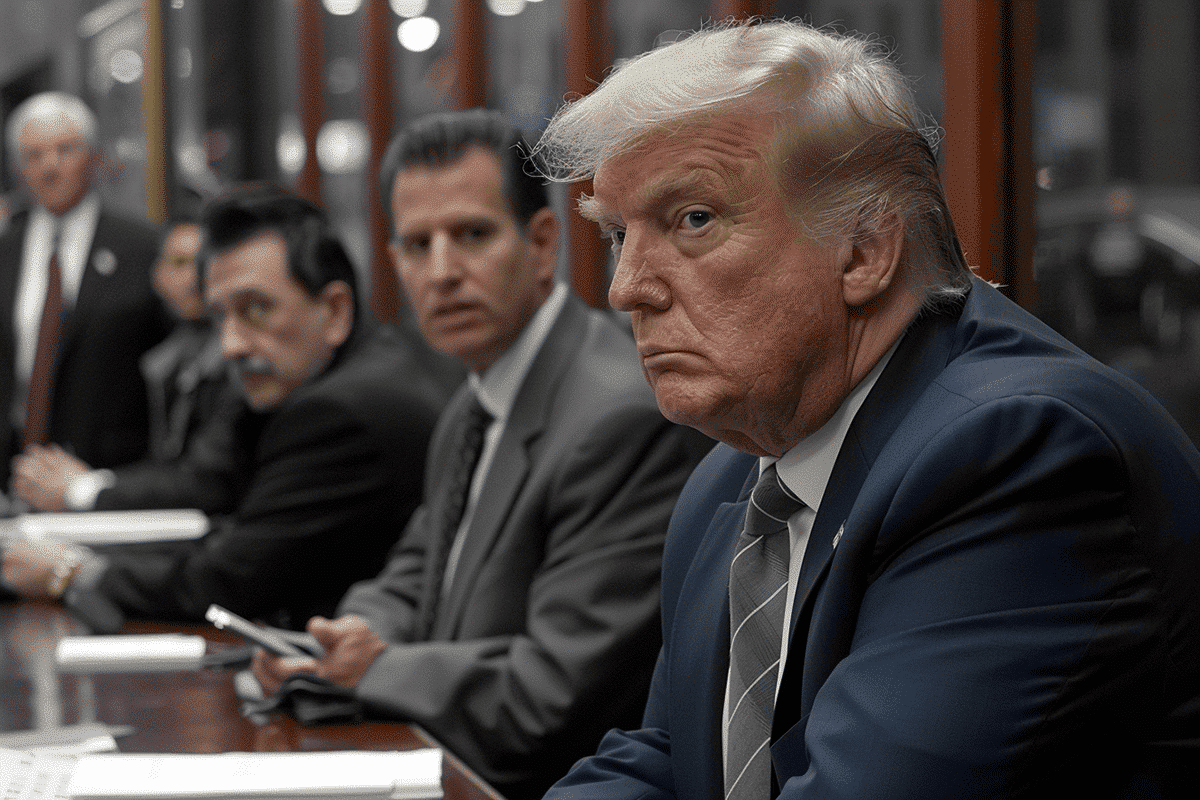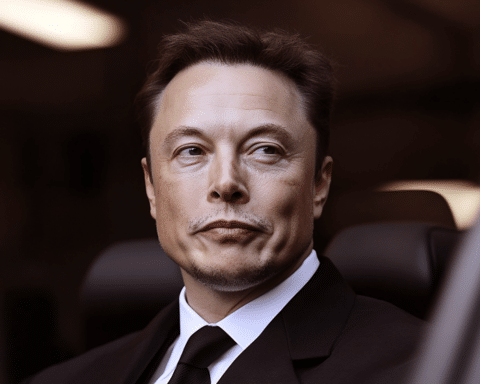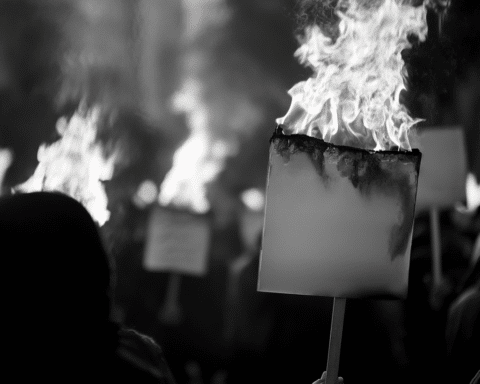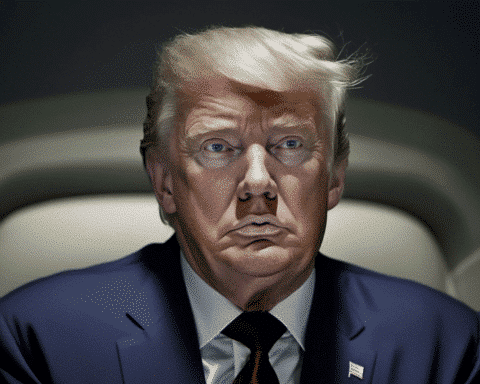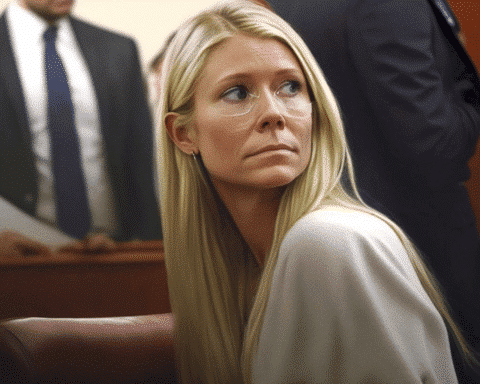Former President Donald Trump’s legal saga continues as his hush-money trial in New York is slated to begin on March 25, marking the commencement of his first criminal trial among four impending prosecutions. The trial, revolving around allegations from his 2016 presidential campaign, has been confirmed despite attempts by Trump’s defense team to secure a delay, emphasizing concerns of election interference due to its proximity to key political events.
While Trump faces a litany of legal challenges, including accusations of plotting to overturn the 2020 election results and hoarding classified documents, the New York trial takes precedence as the first to proceed. However, a separate case in Washington related to election interference remains in limbo, pending a legal dispute over presidential immunity. This delay underscores the complexity surrounding Trump’s legal battles and their intersection with constitutional questions.
Expected to last approximately six weeks, the New York trial carries significant implications for Trump’s political aspirations, coinciding with crucial milestones in the presidential race. Despite objections from Trump’s lawyers, who argued against the trial’s timing, Judge Juan Manuel Merchan upheld the scheduled date, reaffirming his decision to resist postponement requests made months prior.
Trump’s attendance at the court hearing underscores the intertwining of legal proceedings with his ongoing political campaign, where he remains a prominent figure in Republican politics. Amidst accusations and legal maneuvers, Trump has consistently refuted claims of criminal wrongdoing, maintaining that the payments made to individuals such as Stormy Daniels and Karen McDougal were lawful expenses, not illicit reimbursements.
The New York case, deemed the least legally perilous among Trump’s pending indictments, centers on allegations of payoffs to suppress stories about extramarital affairs. These payments, orchestrated by Trump’s former lawyer Michael Cohen, have become emblematic of the legal entanglements plaguing Trump’s post-presidential life. Prosecutors assert that Trump’s company misrepresented these payments as legal expenses, leading to charges of falsifying internal records.
Despite Trump’s efforts to alter the trajectory of the case, including calls for a change in venue and accusations of political bias against the Manhattan District Attorney, Alvin Bragg, the trial proceeds unabated. The charges, punishable by up to four years in prison, highlight the gravity of the legal jeopardy facing the former president.
As Trump navigates a complex legal landscape, including ongoing proceedings in various jurisdictions, the outcome of the New York trial could significantly impact his future prospects. With implications extending beyond legal ramifications to potential political repercussions, the trial represents a pivotal moment in Trump’s post-presidential legacy, shaping the narrative of his continued involvement in American politics.
